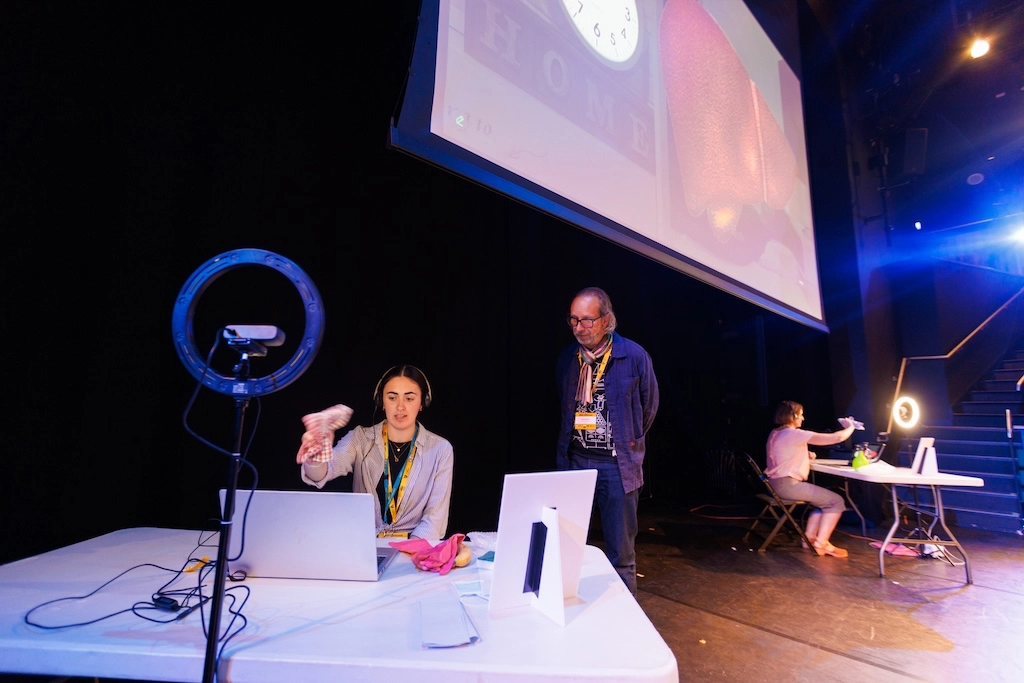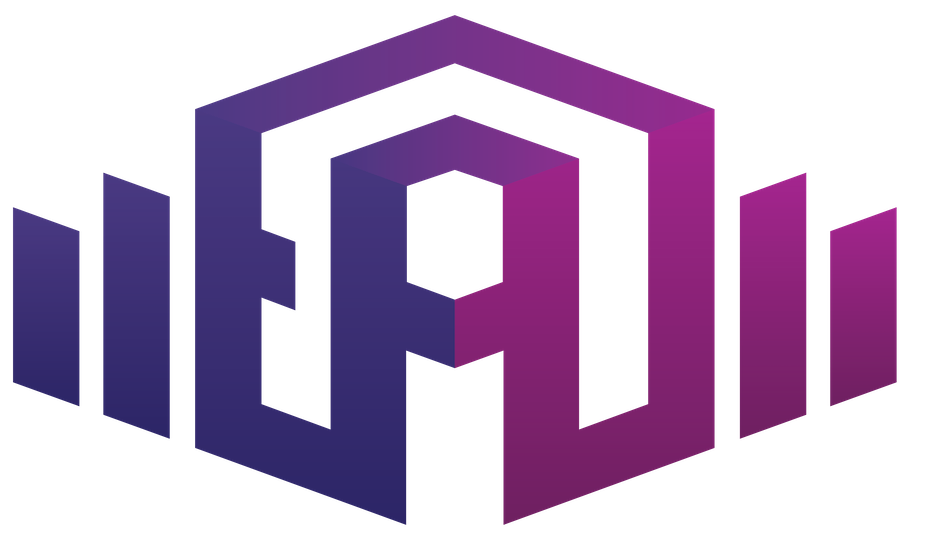We are excited to have had Martha doing an internship with us. In this post she sums up her experience on working on the DARCI Conference.

Interning with the School of Arts and Creative Technologies for the DARCI conference was a hands-on experience that immersed me in the multifaceted nature of inclusive event planning. Each day brought new challenges and opportunities, deepening my understanding of what it means to create a truly accessible event and equipping me with a range of transferable skills.
My responsibilities spanned both the pre-conference planning phase and the live delivery of the event. Early on, I designed promotional materials for social media and sourced essential services to ensure every logistical detail was carefully considered. Leading up to the event, I tracked attendee data and accessibility requirements using detailed spreadsheets to support inclusive participation. I created rotas for staff and volunteers, balancing availability, skill sets, and fair workload distribution. Additionally, I drafted guidance to help chairs and volunteers feel confident in their roles.
During the conference itself, I played a key role in orchestrating the smooth running of the event. I welcomed attendees, prepared rooms for presentations, oversaw catering logistics, and supported individuals with accessibility needs. I also managed Zoom sessions to ensure seamless virtual participation, an essential component in making the conference truly accessible. This hybrid format allowed participants who couldn’t attend in person to actively engage and contribute, significantly broadening the reach of the event. I also provided flexible support, responding to emerging needs and troubleshooting issues as they arose to address problems promptly.
Throughout the internship, I developed a wide range of transferable skills that will benefit me both academically and professionally. I sharpened my organisational skills by managing complex schedules and logistics before the conference and balancing four simultaneous sessions during the event. This required strong time management, task prioritisation, and clear communication with the team to ensure smooth execution despite tight deadlines and competing demands.
My communication skills were further enhanced as I liaised with a range of individuals, from performers and interpreters to volunteers and attendees, ensuring clarity in all written and verbal instructions. I also gained a deeper understanding of accessible communication formats, such as alt text and audio descriptions, which I will carry forward into future projects and roles.
Naturally, organising a large-scale event came with challenges. Last-minute programme changes, technical hiccups, and tight deadlines for sourcing and amending materials tested my resilience and adaptability. Problem-solving became one of the most critical skills I developed, teaching me to think quickly, act decisively, and remain calm under pressure. I learned that flexibility and perseverance are just as important as thorough preparation.
Beyond technical skills, I gained a deeper awareness of accessibility as a lived experience. Seeing how small adjustments, like captions or flexible scheduling, could transform someone’s ability to participate was moving. The most rewarding aspect of the internship was witnessing the impact of our efforts. Attendees expressed heartfelt gratitude for the inclusive environment we had created. The hybrid format allowed individuals with mobility challenges or chronic health conditions to participate without barriers, and the thoughtful accommodations made them feel genuinely considered. It was affirming to see how intentional planning could foster a space where people felt safe, respected, and empowered to share their experiences. This confirmed the career path I want to pursue and reinforced my commitment to inclusive practice. Reflecting on the value of completing this internship at this stage in my academic journey, I can confidently say it was transformative. It taught me to be more resilient and to act more decisively. It bridged the gap between theory and practice, allowing me to apply sociological concepts to real-world scenarios. It also provided clarity and courage as I consider future career paths, particularly in event management and socially driven work. The experience has equipped me with the skills, confidence, and insight to pursue these goals with conviction.
Martha
